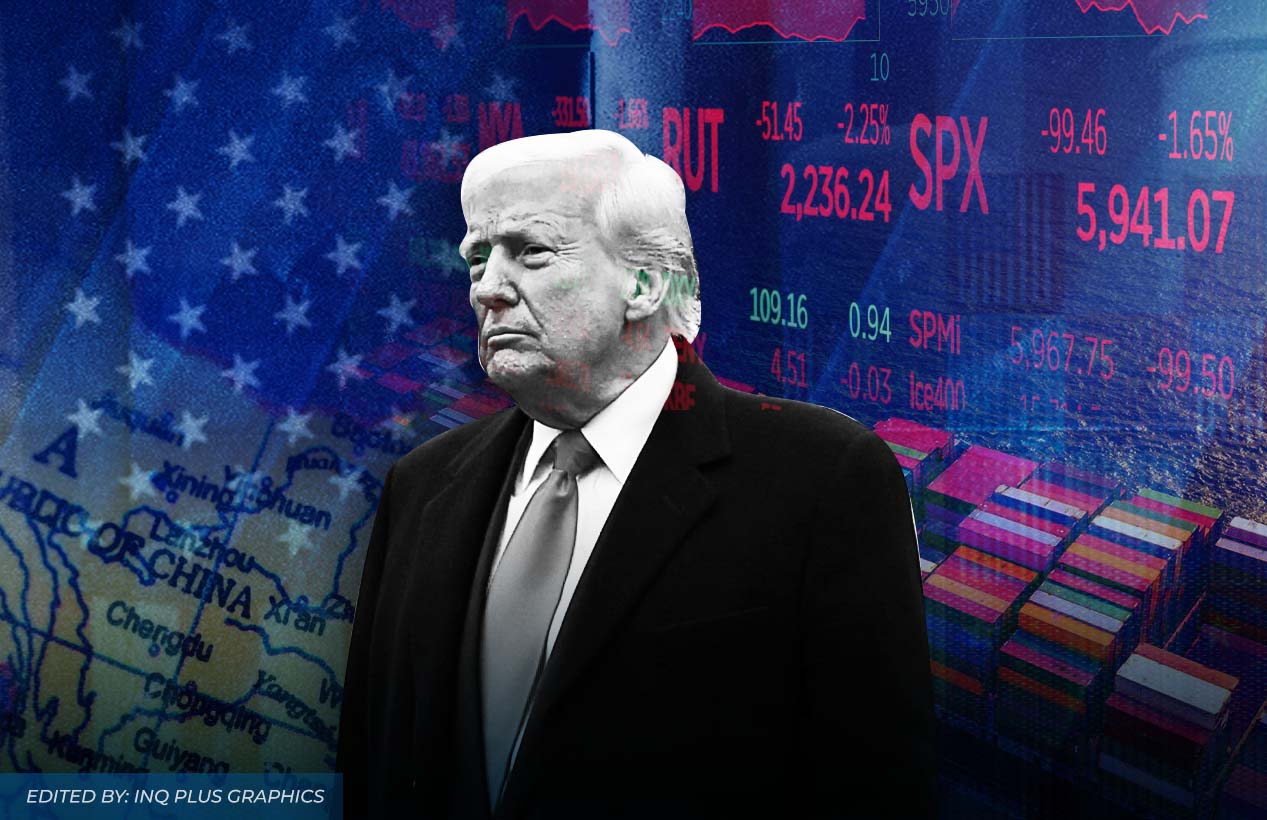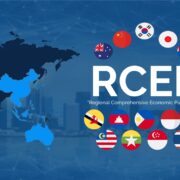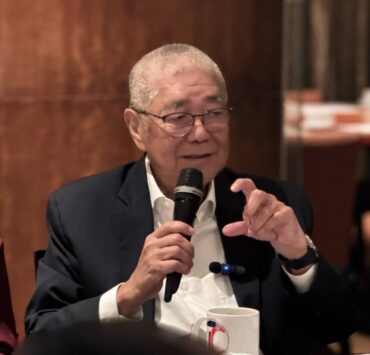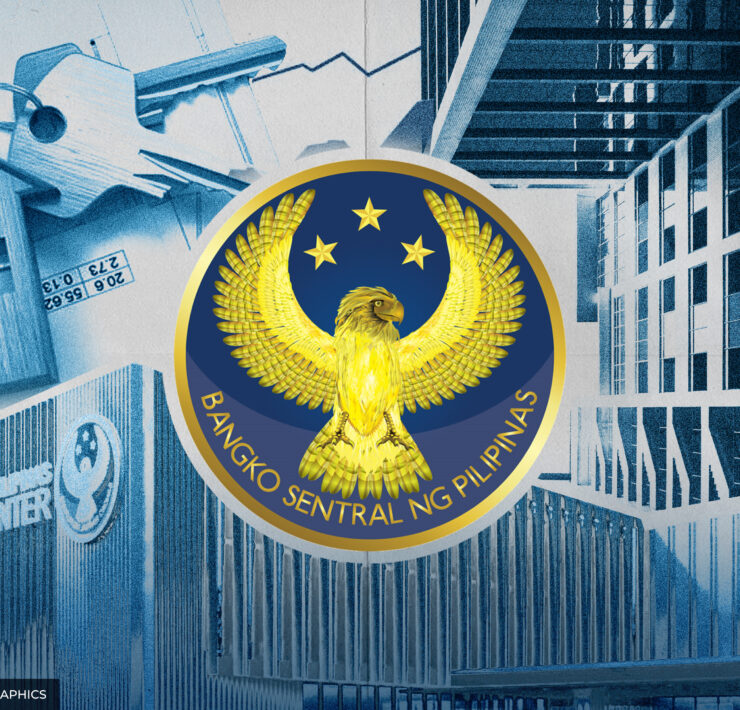PH ramps up efforts to forge win-win US trade deal

The Marcos administration is ramping up efforts to forge a favorable trade deal with the United States, as the new import tariffs to be imposed by the Trump government on its trading partners including the Philippines are set to take effect, possibly by Aug. 1.
Frederick Go, Special Assistant to the President for Investment and Economic Affairs, told the Inquirer that the Philippines “continues to engage” with the United States to establish a “working framework” that would benefit both nations.
Such a framework, Go said, “would enhance both our economies and address tariff concerns as well as business conditions for both our enterprises to thrive.”
It may be recalled that President Trump announced early this year the imposition of sweeping tariffs on its trading partners, with Philippine goods entering the lucrative American market slapped a 17-percent “reciprocal” tariff.
The Department of Trade and Industry earlier said that the “direct impact” of this tariff on the Philippines would be “less substantial” considering that higher tariffs would be imposed on other Southeast Asian nations such as Cambodia (49 percent), Vietnam (46 percent) and Indonesia (32 percent).
The Philippines seeks a lower tariff considering that the United States remains a crucial market for the Philippines, accounting for approximately 17 percent of total exports as of 2024.
“Notably, electronic products comprise a significant 53 percent of these exports, and overall, about 10 percent of our total trade involves the United States,” said DTI.
The Philippines thus joins other trading partners rushing to secure a trade deal as the 90-day suspension on the new US tariff rates is set to lapse on July 9.
Treasury Secretary Scott Bessent said on Sunday that the US government would enforce the tariffs on Aug. 1 barring any deals with trading partners from Taiwan to the European Union, according to a report from Agence France-Presse.
So far, the Trump administration has reached trade agreements with the United Kingdom and Vietnam, while Washington and Beijing “agreed to temporarily lower staggeringly high levies on each other’s products.”





















